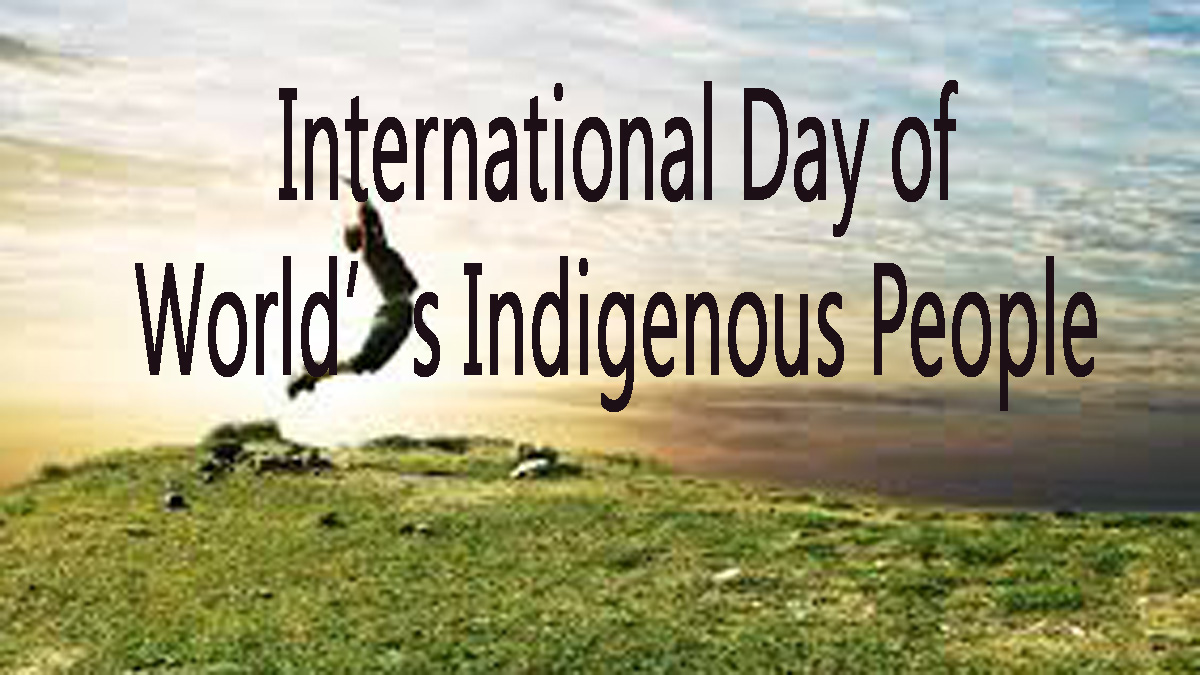
Another year has passed during which indigenous peoples, supported by the United Nations Permanent Forum on Indigenous Issues, have made steady progress towards the goal of strengthening international cooperation on solutions to the issues and challenges that they face – a goal defined by the five main objectives of the Second International Decade of the World’s Indigenous People. On behalf of the United Nations Framework Convention on Climate Change secretariat, I congratulate you on these significant strides.
Daily Current Affairs Quiz 2019
Much that has happened in the climate change arena over the last 12 months is relevant to the issues of indigenous peoples. Earlier this year, the publication of reports by the Intergovernmental Panel on Climate Change dispelled doubts that humankind is responsible for creating global warming. The IPCC report Climate Change 2007: Impacts, Adaptation and Vulnerability highlights with increased confidence the disproportionate effect that climate change is having on vulnerable communities. These include you, the indigenous peoples. To quote:
“Impacts of climate change are likely to be felt most acutely not only by the poor, but also by certain segments of the population, such as the elderly, the very young, the powerless, indigenous people, and recent immigrants, particularly if they are linguistically isolated.”
We are encouraged that indigenous peoples have become increasingly aware of the significant challenge that climate change poses to their traditional livelihoods and to their spiritual heritage. The publication of the Arctic Climate Impact Assessment in 2006 served as global wake-up call to the urgency of the situation. The secretariat anticipates a reinforcement of this message in the report expected from the Permanent Forum later this year on the impact of climate change mitigation measures on the territories and lands of World’s Indigenous People. This report could underpin the growing understanding of the global reach of climate change and the need for a global solution to the problem.
Through their long attachment to their lands and their traditional ability to cope with unfavourable changes in their environment, indigenous peoples have much experience and knowledge that may be instrumental in helping others adapt to the rapid changes caused by global warming. Such input could contribute to the Nairobi work programme currently being implemented by the secretariat, for example. The decision to have “Climate change, bio-cultural diversity and livelihoods: the stewardship role of indigenous peoples and new challenges” as the special theme for the seventh session of the Permanent Forum, in New York early next year, could provide an opportunity to increase our collaboration in this area of mutual concern. The secretariat stands ready to support you in this effort.





